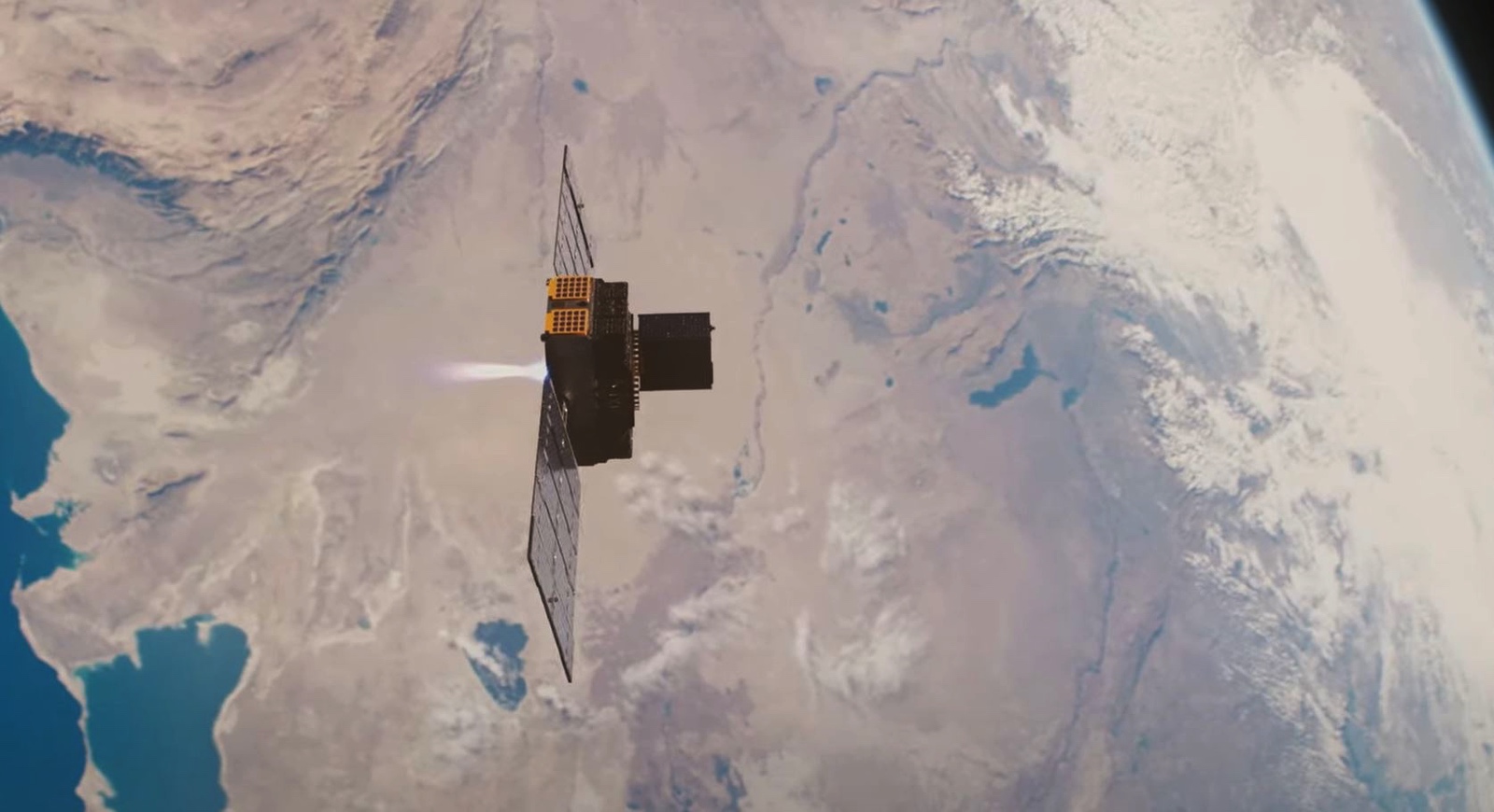TAMPA, Fla. — Apogeo Space, an Italian venture with plans for nearly 100 tiny satellites for connecting remote monitoring devices, said June 5 it had signed a deal to deploy nine picosatellites next year with an orbital transfer vehicle (OTV) from Momentus.
The satellites are due to launch on a Vigoride tug slated to join the SpaceX Falcon 9 Transporter-10 rideshare mission in February to low Earth orbit.
Momentus declined to disclose other customer details about the mission. The California-based company is currently preparing for Vigoride-7, its fourth OTV launch that is slated to join a Falcon 9 rideshare in October.
Apogeo’s first batch of nine operational satellites is set to fly on this October mission, according to communications director Guido Zucchini, using an OTV from Italy-based D-Orbit.
While the eight-year-old connectivity venture has a multi-launch agreement with D-Orbit, Zucchini said it is in talks with multiple launch providers over plans to deploy a total 96 satellites built in-house by 2027.
Apogeo used a Russian Soyuz 2.1 rocket to launch its first Flexible Experimental Embedded Satellite (FEES) demonstrator in 2021.
A second test satellite (FEES2) was deployed from the International Space Station in early 2022 after being delivered by SpaceX.
These two demonstrators had a volume of 10 x 10 x 3 centimeters and a mass of 300 grams.
The operational satellites would be 1/3U, or a third of the size of a 10 x 10 x 10-centimeter cubesat.
Using very high frequency (VHF) band spectrum, Apogeo plans to use its network of tiny satellites to connect low-power, battery-powered devices outside of terrestrial network coverage.
The low bandwidth services would seek to meet demand for data monitoring applications in the agriculture, oil & gas, and wildlife industries in particular.
A network of 20 satellites would be enough to retrieve data from devices anywhere on the globe with a maximum 30-minute wait time, according to Apogeo, and the full constellation would enable continuous coverage.
The plans are similar to a network of picosatellites that Spanish startup FOSSA Systems is deploying, which is also using OTVs to deliver spacecraft to fine-tuned orbits.
Alongside small public financing for conducting feasibility studies, Zucchini said Apogeo has raised around five million euros ($5.4 million) for its plans to date, largely through an investment from Italian early-stage investment fund Primo Space.
Previously known as GP Advanced Projects, Apogeo was founded in 2015 as a space consultancy firm before pivoting to plans for its own constellation a year later.
